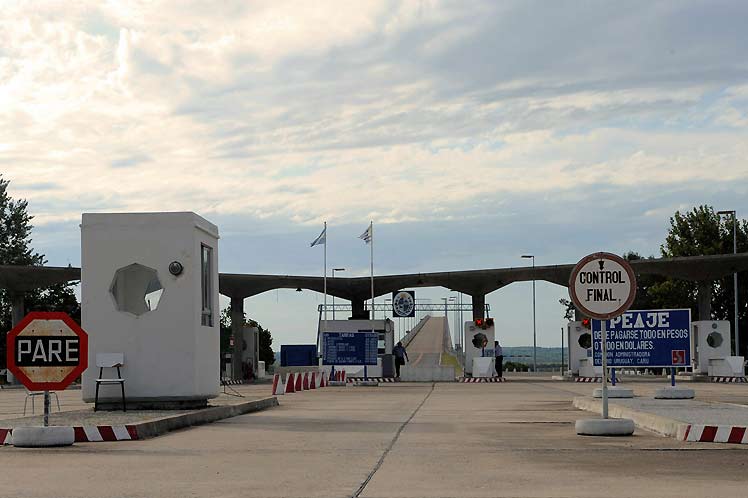The heads of the departmental communes of Salto, Andrés Lima; Paysandú, Nicolás Olivera; and Río Negro, Omar Lafluf, met with the idea of generating ‘with time’ a proposal to present to the national Executive.
They suggested that the measure that the president, Luis Lacalle Pou, presented for those territories near the Uruguay River as an economic panacea for the country due to the potential flow of tourists, will have adverse local consequences.
All of them agreed that Uruguayan products cost three times more than in Argentina itself and this means that the inhabitants of these three departments can find it be attractive to cross the border to load fuel and buy food.
Lima alluded to a well-known story of massive purchases across the river, after the devaluation of the Argentine currency in 2018, and the consequences are more unemployment and shipments to insurance unemployment.
For his part, Lafluf asked to take into account that trade in Río Negro increased by 28 percent ‘to the extent that people cannot go shopping on the other side of the border’ bridge.
Olivera also found that there were spheres that grew between 30 and 35 percent in value during the restrictions of border movement.
He also expressed the opinion that alternatives should be sought to make the basket of products cheaper, and in that sense there are bills under study by Parliament.
pgh/llp/npg/hr










